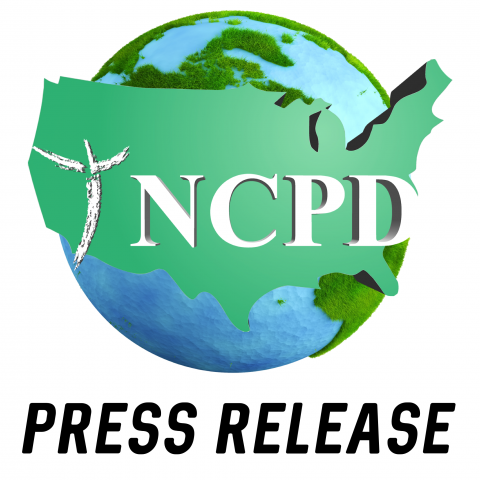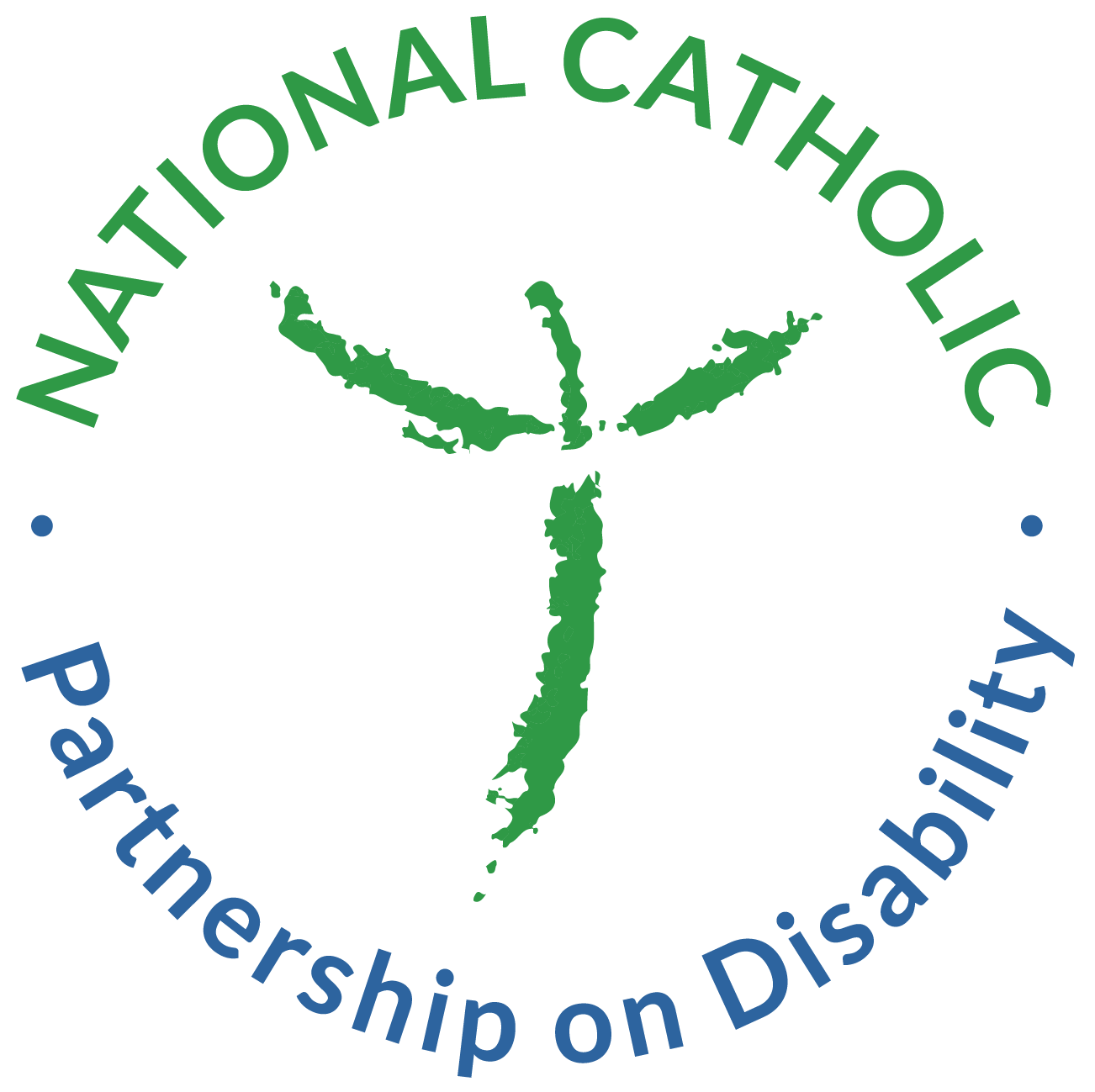
FOR IMMEDIATE RELEASE
June 16, 2011
As a resident of Oregon, the first state to legalize assisted suicide, and a family member of a person with profound developmental disability, I am acutely aware of how the passage of physician-assisted suicide has had an adverse impact on the lives of people with disabilities. You live with the continual fear that whoever is providing medical care will regard your life (or the life of a family member) as having less value, and will weigh the risk-to-benefit based on their determination of your quality of life. People with disabilities living in Oregon under this legislation, which purports to provide compassion and choice, are at great risk to experience neither.
This legislation has threatened the lives of many who live with disabilities, whether life- long disabilities or disabling conditions that result from illness or accident. Risks associated with this legislation include: bias against disability, quality of life judgments, cost determinations, and the pretense of compassionate care.
To live with disability is often to bear the burden of a stigma that a highly efficient, productive society has created. This bias that subtly devalues people with disabilities and those who are most vulnerable is not only reinforced but codified into law with the passage of physician-assisted suicide. Nearly twenty years ago Cardinal Francis George, in reflecting on assisted suicide and people who live with disability, prophetically declared that, “The ideology to dispose of them is already in the air. They risk becoming the object of that frightening compassion which, in this country, first finds psychologically understandable and then sees as morally defensible and then declares legally permissible and finally makes culturally imperative even the most heinous crime. The stage is set...to betray human solidarity in the name of a sometimes sincere but always false pity.”
Biased perceptions of disability and illness are often reflected in quality of life judgments. Proponents of physician-assisted suicide rarely use the words— independence, fulfillment of human potential, education, employment, creativity and adventure, significant relationships, spirituality, personal strengths—to describe the life reality of a person with disability. Yet these are the descriptive words from people with disabilities who have come to terms with their condition, have found accommodations to enable participation in multiple aspects of life, who accept their reality and get on with the task of living each day with dignity. Their very lives defy the misguided characterization that disability and illness are ‘a fate worse than death.’
The McCormick Pavilion, 415 Michigan Avenue, N.E., Suite 95, Washington, DC 20017-4501 202-529-2933; 202-529-2934 (tty); 202-529-4678 (fax); www.ncpd.org NCPD is a 501(c)(3) tax exempt nonprofit corporation
Limited resources place people with disabilities at additional risk. Cost control, managed care, cuts in Medicaid funding, along with health care rationing have a significant impact. There is fear of decisions by medical professionals and insurance providers that it is more cost-effective to terminate life than to provide palliative care and costly therapies to extend life. That fear has already been realized in Oregon where a cancer treatment was denied but assisted suicide drugs were covered.
Another threat to the lives of people with disabilities is when the termination of a person’s life is couched in the language of compassion. The pretense that legalized suicide is in the individual’s best interest is a distortion of compassionate care. What is truly at the heart of the termination decision is one or more of the following non-compassionate reasons: the elimination of the suffering of mental illness without therapeutic treatment, relieving the burden of care on others, the determination that the individual’s quality of life has been compromised, or the prohibitive cost of care.
The U.S. bishops’ statement has called us to be vigilant and proactive in affirming the value of every person and to bring to light what is taking place in the name of compassion and choice in homes and hospitals. May it lead to an increased consciousness of our responsibility to protect, comfort, and accompany each other on the journey of life and the ultimate passage of death. On behalf of the National Catholic Partnership on Disability, I thank our Bishops for the guidance of their statement, and the recognition and affirmation of the value and dignity of all who live with disability.
Dorothy Coughlin is the director of the Office for People with Disabilities, Archdiocese of Portland in Oregon, and a member of the Board of Directors of the National Catholic Partnership on Disability and the NCPD Council on Mental Illness.
#####
Since 1982, NCPD has served the U.S. Catholic Church by providing resources, training, consultation and advocacy for the estimated 14 million U.S. Catholics who live with disability. The USCCB refers to NCPD matters dealing with access to faith for persons with disabilities. Visit www.ncpd.org for more information on NCPD’s programs and services.

